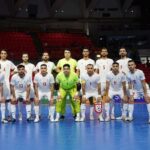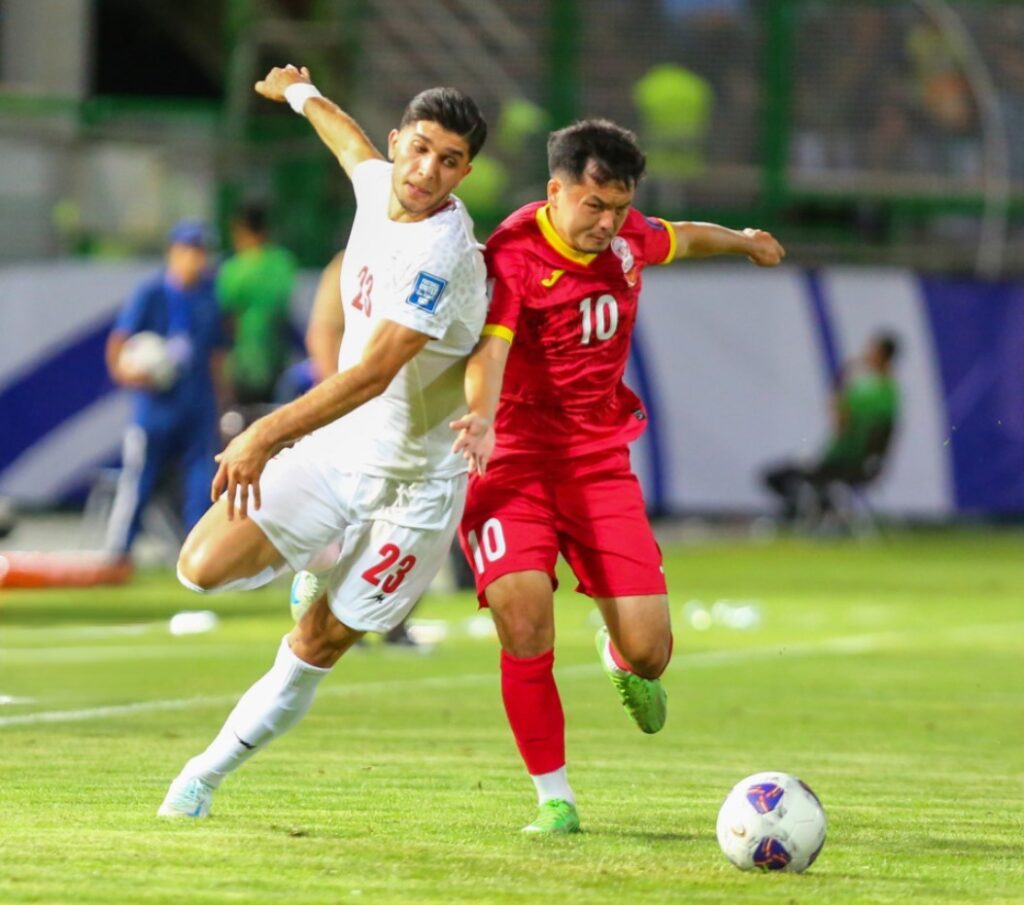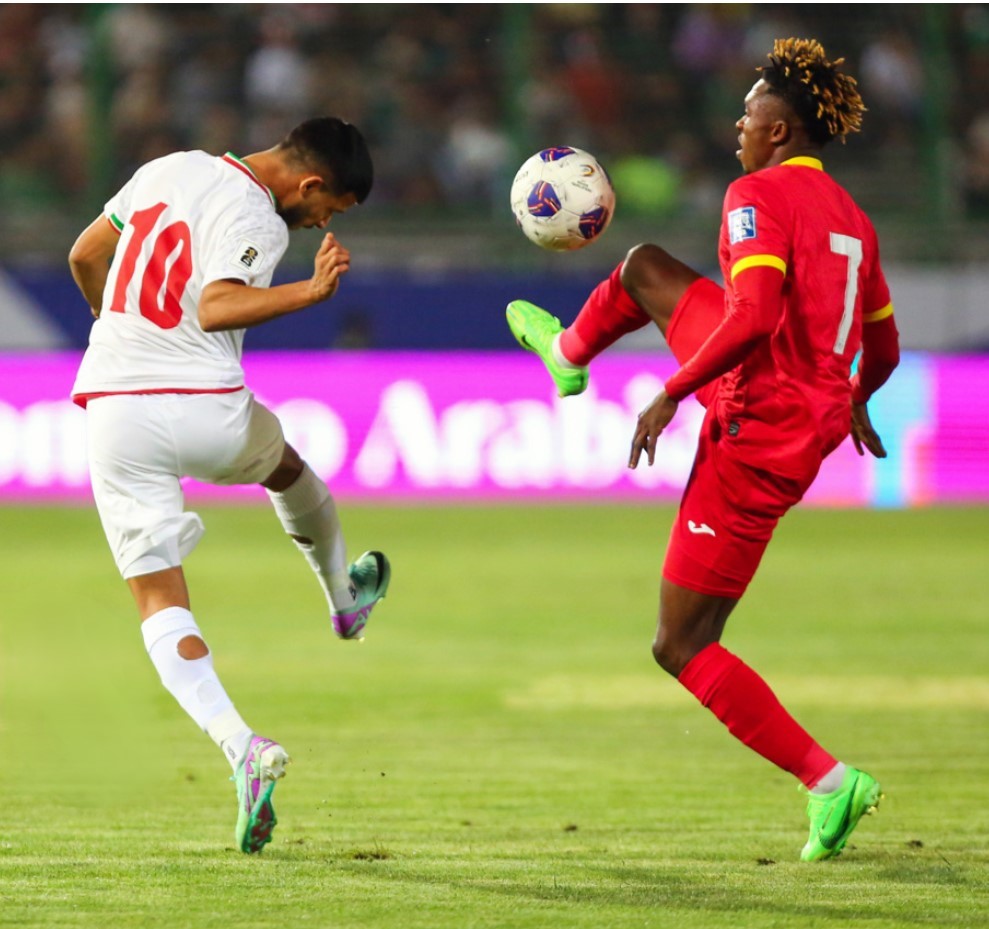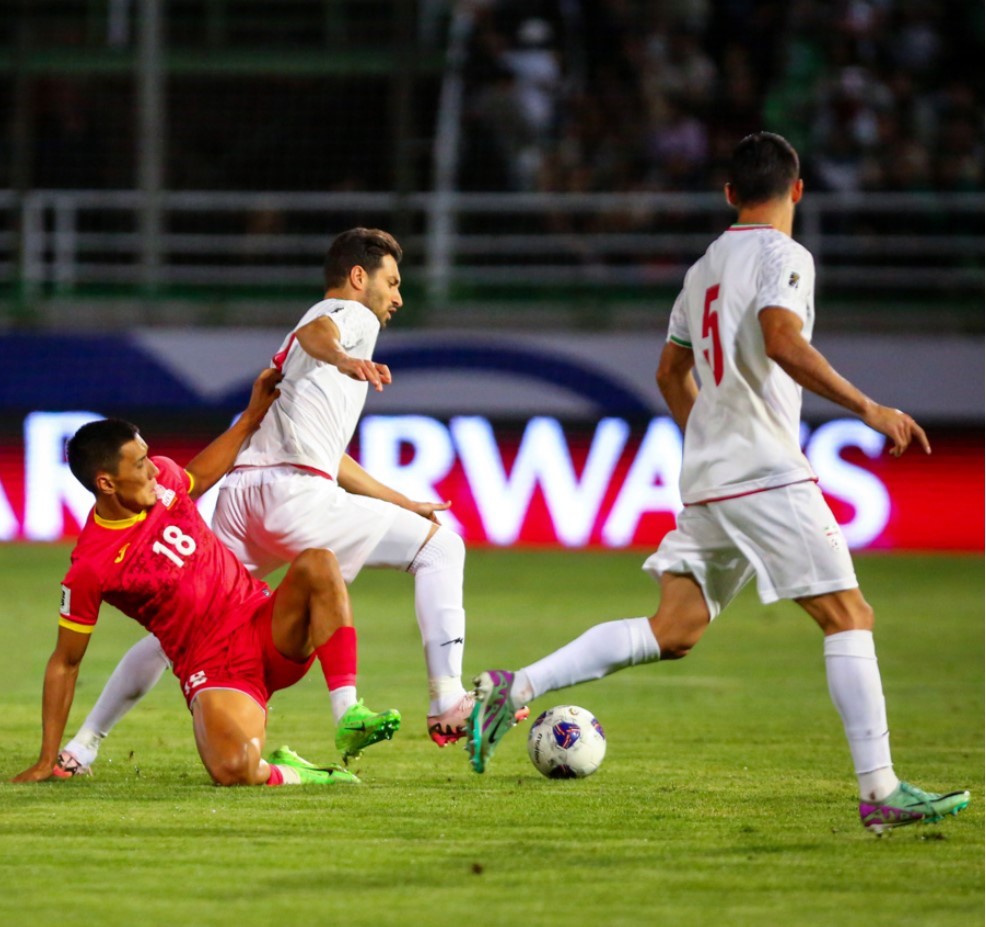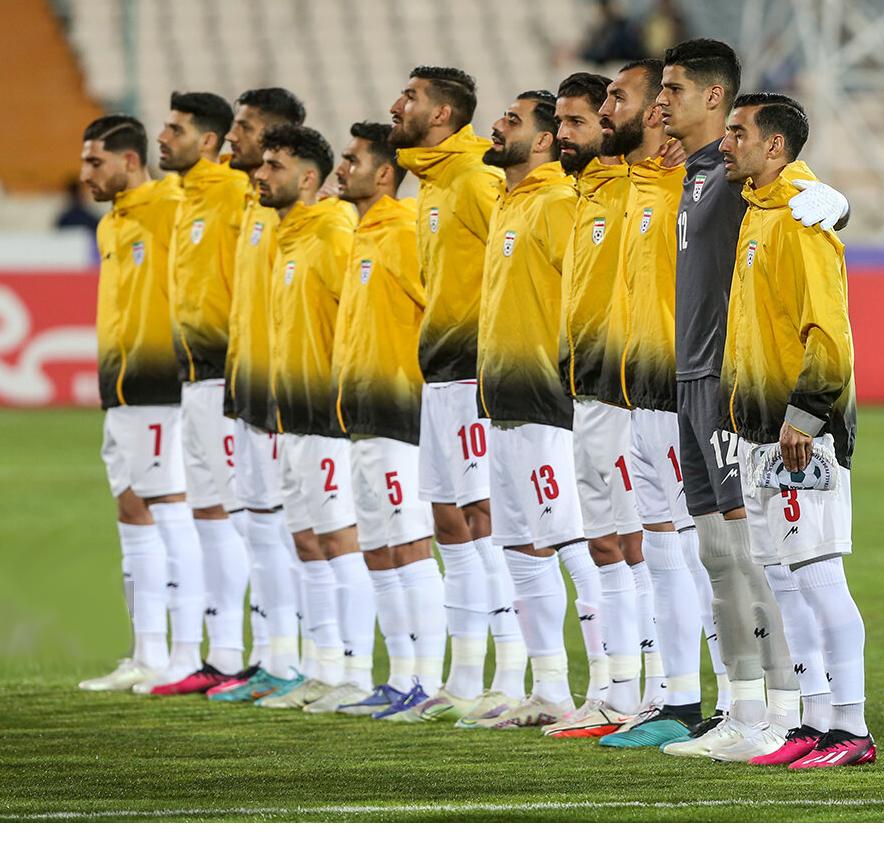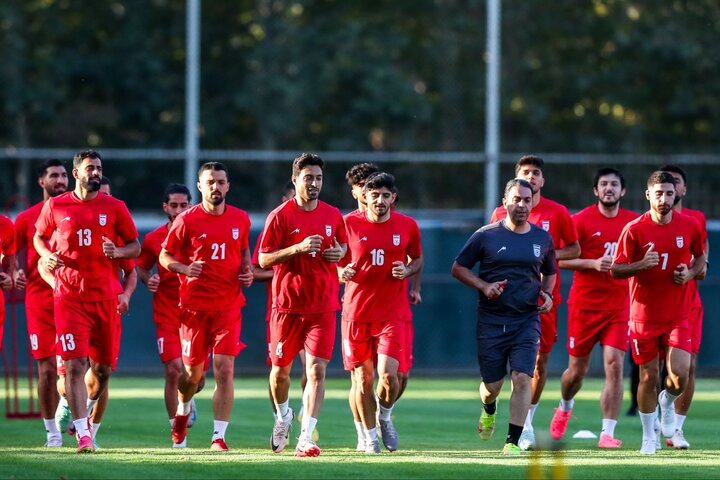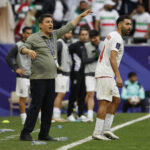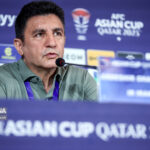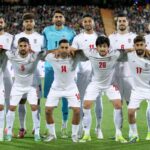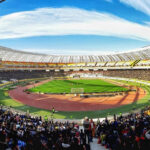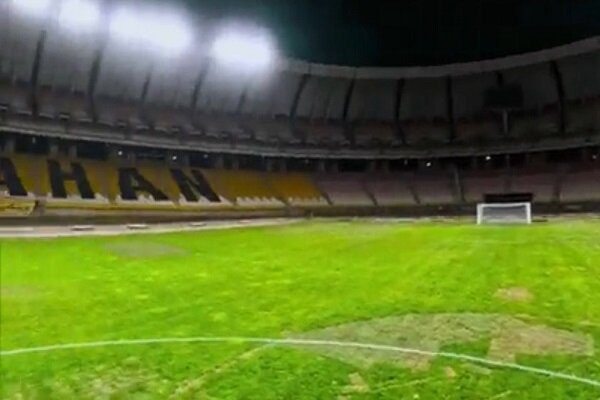FIFA officially announced the squads of all the teams taking part in the FIFA Futsal World Cup Uzbekistan 2024. Team Melli’s list included all the players available, with no major concerns about injuries or suspensions.
The squad:
| # | POS | FIRST NAME(S) | LAST NAME(S) | DOB | Age | CLUB | HEIGHT (CM) |
| 1 | GK | Bagher | MOHAMMADI | 21-Jun-91 | 33 | Giti Pasand Isfahan FSC (IRN) | 184 |
| 2 | GK | Saeid | MOMENI | 23-Nov-92 | 31 | Kerap Alvand FSC (IRN) | 185 |
| 3 | MF | Sajad | YOUSEF KHAHROUDSARI | 17-Apr-95 | 29 | Shahrdari Saveh FSC (IRN) | 182 |
| 4 | DF | Alireza | RAFIEI POUR | 09-Oct-93 | 30 | Giti Pasand Isfahan FSC (IRN) | 184 |
| 5 | DF | Mohammadhossein | DERAKHSHANI | 01-Apr-93 | 31 | Giti Pasand Isfahan FSC (IRN) | 184 |
| 6 | DF | Mohammadreza | SANGSEFIDI | 02-Nov-89 | 34 | Giti Pasand Isfahan FSC (IRN) | 173 |
| 7 | MF | Ali Asghar | HASSANZADEH NAVLIGHE | 02-Nov-87 | 36 | Mes Sungun FSC (IRN) | 170 |
| 8 | MF | Moslem | OLADGHOBAD | 29-Nov-95 | 28 | Gohar Zamin F.C. (IRN) | 183 |
| 9 | P | Saeid | AHMAD ABBASI | 31-Jul-92 | 32 | Giti Pasand Isfahan FSC (IRN) | 184 |
| 10 | P | Hossein | TAYEBIBIDGOLI | 29-Sep-88 | 35 | Gohar Zamin F.C. (IRN) | 178 |
| 11 | MF | Mahdi | KARIMI | 28-Jan-97 | 27 | Giti Pasand Isfahan FSC (IRN) | 178 |
| 12 | MF | Salar | AGHAPOUR | 07-Mar-00 | 24 | Gohar Zamin F.C. (IRN) | 173 |
| 13 | MF | Amirhossein | DAOUDI | 16-Aug-02 | 22 | Giti Pasand Isfahan FSC (IRN) | 177 |
| 14 | P | Behrooz | AZIMIHEMATABADI | 25-Aug-01 | 23 | Mes Sungun FSC (IRN) | 185 |
| Averages | 29.60 | 180.00 | |||||
Matches
Group F
[edit]
| Pos | Team | Pld | W | D | L | GF | GA | GD | Pts | Qualification |
|---|---|---|---|---|---|---|---|---|---|---|
| 1 | 0 | 0 | 0 | 0 | 0 | 0 | 0 | 0 | Knockout stage | |
| 2 | 0 | 0 | 0 | 0 | 0 | 0 | 0 | 0 | ||
| 3 | 0 | 0 | 0 | 0 | 0 | 0 | 0 | 0 | Possible Knockout stage | |
| 4 | 0 | 0 | 0 | 0 | 0 | 0 | 0 | 0 |
First match(es) will be played: 16 September 2024. Source: FIFA
16 September 2024
17:30
| 16 September @ 17:00 | Iran | Bukhara Universal Sports Complex, Bukhara | ||
|---|---|---|---|---|
| 16 September @ 20:00 | Guatemala | Bukhara Universal Sports Complex, Bukhara | ||
| 19 September @ 17:30 | Iran | Bukhara Universal Sports Complex, Bukhara | ||
| 19 September @ 20:00 | France | Bukhara Universal Sports Complex, Bukhara | ||
| 22 September @ 20:00 | France | Iran | Bukhara Universal Sports Complex, Bukhara | |
| 22 September @ 20:00 | Guatemala | Humo Arena, Tashkent |

